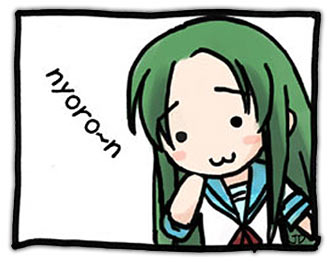Anyone who’s worked in Japan probably knows the frustration of making a heartfelt suggestion to one’s employer, only to have it politely shot down. Of course, having an idea rejected by your superiors can happen in any country, but there’s something unique about the process in Japan, somehow. Almost by our mere existence, we gaijin are on a different wavelength from the Japanese people all around us, and the fact that we see the world in a different light often causes us to notice things that Japanese would never think twice about. Sometimes this can be a good thing, like when a former ESL teacher gets the idea to start an online shop selling awesome products direct from Japan, as I did with J-List back in 1996. But more often than not, when a foreigner working for a Japanese company suggests something that could be fixed or improved, the following will result. First, the boss will use the phrase so desu ne, meaning, “Yes, that is so” — by an accident of linguistics, the word ‘so’ is exactly the same in English and Japanese — although in this case the phrase just means he’s thinking about your suggestion, not necessarily agreeing. Then you’ll hear the word muzukashii, which literally means “difficult” or in this case, “impossible, but I’m too nice to say that to you directly.” Finally, they’ll promise to kento shimasu, which means “we will study the suggestion,” by which they mean they will not study the suggestion. Having what you’re sure is a great idea rejected can cause you say nyoro~n and feel disappointed, although thinking back, many of the ideas I suggested to my former employers were rejected for good reasons that I just wasn’t able to understand at the time.

Suggestions from foreigners are usually not accepted at Japanese organizations, for various reasons.















